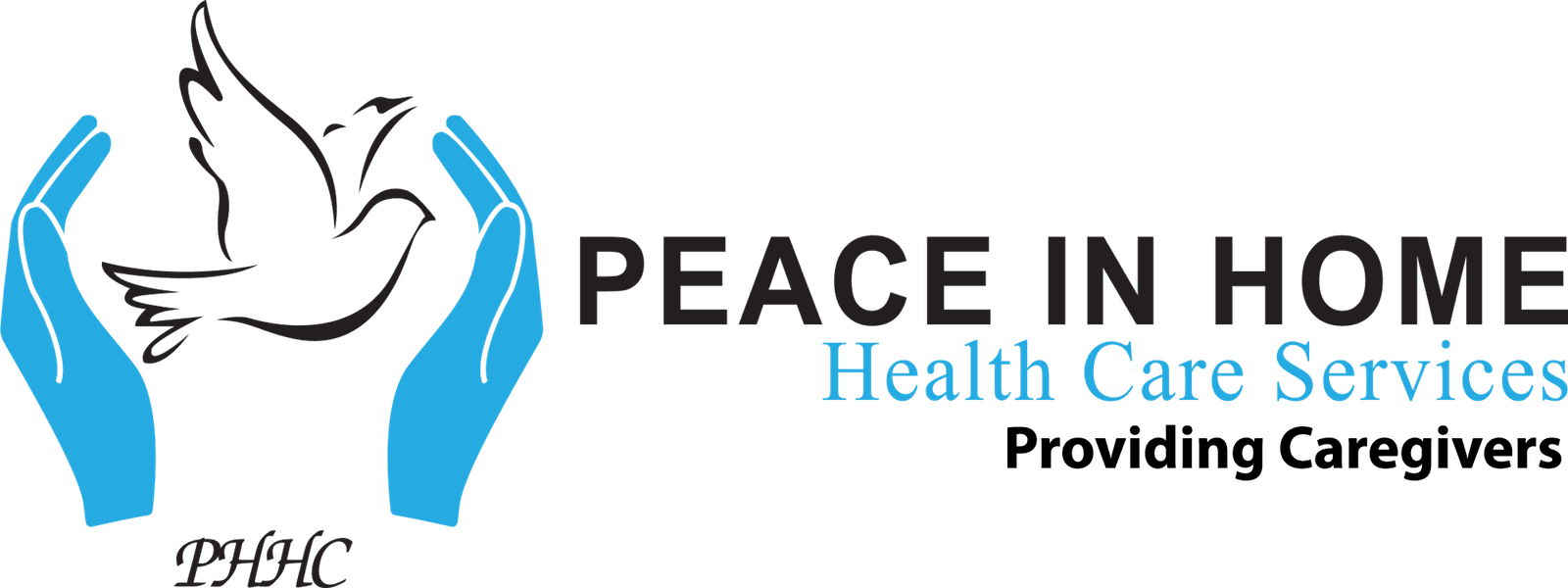When I started my nursing education, I was hit by many stereotypes such as “Female dominated profession”, and the popular “ICU Helper”. Television shows such as “House, ER, Scrubs, and Grey’s Anatomy” showed numerous examples of nurses’ roles as helpers rather than independent knowledgeable professionals. Nonetheless, I was aware that these were images of stereotypes and did not let it affect my choice of profession.
However, insufficient knowledge did lead me to think about the dominance of the biomedical model, which had a major role to influence my thoughts in the beginning of nursing education. Like many other healthcare professionals, I had a perception that the human body was like a machine, and treatments and nursing care were done to fix the faulty parts of this machine. In the beginning of this program, I always believed that nursing care is all about medicating and ambulating patients and providing comfort. However, this was all because of a lack of knowledge that created a gap between the true understanding of the nursing profession and my own perceptions.
During the past four years, I have traveled this far and I believe that I have to go far beyond in terms of nursing knowledge, critical thinking, and nursing skills. The past four years have a great significance in this regard that I have been exposed to many nursing situations and also this has broadened my vision of the nursing profession. Now, I believe that nursing is not just about medicating or ambulating patients. For example, during my placement on an acute care floor, a patient was about to be overdosed with Heparin (anti-coagulant) by a nurse as it was ordered by the physician. If the nurse did not have the knowledge of pharmaceutical products and critical thinking, she would not be able to save a life.
I understand that nursing is an independent body of knowledge and follows rules set by a central command of nurses. For example, during my placement in the community, I came to know that nurses are working across the horizon. In today’s fast-paced life, nurses are working as teachers, administrators, educators, nurse managers, and community health nurses. Nurses working in the community provide an example of the importance of this role of nursing, where nurses use an upstream approach for community development and become an advocate for people who cannot speak for themselves. For example, Cathy Crowe is a social activist, advocating for homeless people to provide them conducive environment.
During the nursing program, my views have been shifted from mechanistic to a more humanistic approach. For example, at one of my clinical placements, I was busy in writing a progress note for a client when the staff nurse called me. She wanted to show me the procedure involved in setting up the continuous cycling peritoneal dialysis (CCPD). We went to the patient’s room; he was resting in his bed half-awake. I greeted the patient and we got busy with our task. The staff nurse demonstrated how to setup the CCPD. We were in his room for almost 20 minutes and during this time I felt that we did not have the patient involved in his care.
He was lying in his bed steering at our faces and did not utter a single word. I felt empathy for him because we had been taught that patients were the masters of their own bodies. What kind of care did we offer him, if we did not talk to our patient and made him part of the conversation that was for his beneficence. Finally, I decide to talk to him, let him know that I was learning this procedure to make him feel part of our conversation. This scenario changed my life, made me think for a moment and urged me to develop myself as a humanistic nurse. I understand that human is a combination of mind, body, and spirit not just the body that needs to be fixed.
(written by a nursing student at york university 2009-2013)

